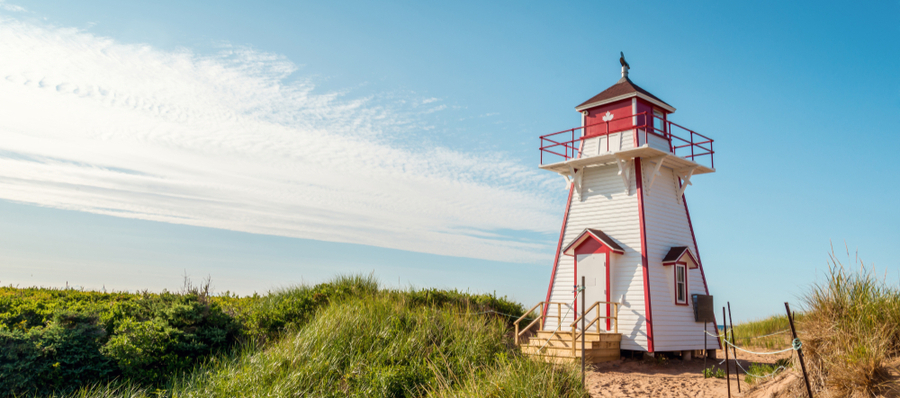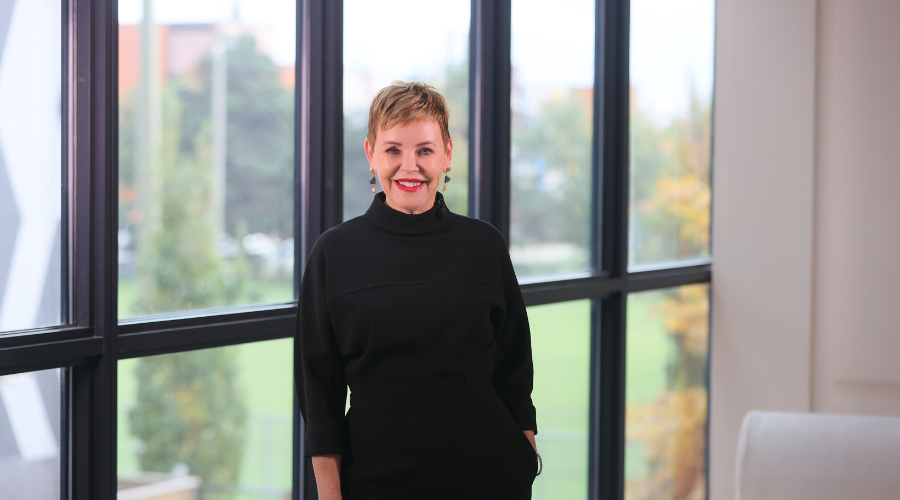For the first time in a long time, I’ve been to places where laundry is drying on an outdoor clothesline. It shimmers in the breeze reminding me of quieter times, the scent of blueberry pie baking in the oven and the sweet sounds of little children playing hide and seek in the bushes behind the house.
This summer I travelled to small-town Canada. My visits were purposeful. The first to give a talk about my novel, Last Night of the World at the Bonnechere Authors Festival in Eganville, a tiny town northeast of the nation’s capital and not far from Algonquin Park. The second was to see my daughter acting in two plays at the Watermark Theatre in the quaint village of North Rustico, situated along the north shore of Prince Edward Island.
You might not expect to find a large, enthusiastic arts community in either place, but that may reveal your big city bias. Instead of sparse audiences, these rural spaces were overflowing with enthusiastic literature and theatre lovers.
In PEI, at the Watermark, benefiting from the spectacular guidance of the artistic director Robert Tsonos, it’s hard to get a seat to see a play. When I was there, at the close of the season, all the performances were sold out and a few extra were scheduled so that island theatre-goers needn’t miss out.
I’m not sure if there is anything more uplifting than seeing your child honing her talent in a nurturing and highly professional cultural environment. I was impressed by the size of Watermark’s audience, its interpretation of the plays, the hardworking actors, and the camaraderie between the actors and the directors. The two plays I saw matched the professionalism of the big stages in Ontario, Stratford and Shaw, and also added a special flavour to the occasion. I was on the island, a few steps from the ocean, along the red sand beaches and the jigsaw puzzle of wooden homes that skirt the sea. A busy elder’s centre was across the lane from the theatre. I dined on freshly collected and shucked, giant-sized oysters as often as I could.
After a day in PEI, I started asking myself why I bother flying down to the Caribbean when an island as enchanting as this one is a two-hour flight from Toronto, and I can pay for my vacation in Canadian dollars.
According to Artistic director Tsonos, many others have figured this out well before me. Between mid-July and the end of August, PEI welcomes four-million visitors to its shores and that is on an island with a permanent resident population of 154,000. The good news is that PEI’s population is growing as it welcomes more mainlanders, former PEI residents who are retiring here and immigrants to settle on the island.
All this reminds me of the vast and unique beauty of rural Canada and how we city folk often forget that there are more places to settle than Toronto or Vancouver and certainly more seasonal homes to purchase or rent than in Muskoka or Sunshine Coast. For retirees, on a budget, it presents a haven of opportunity to purchase a Maritime cottage near the sea.
In the Ottawa Valley, I didn’t expect to discover the highest concentration of PhDs in the country. But I did at Deep River, along the grand Ottawa River, north of Pembroke and the military base of Petawawa. The village of 4500 inhabitants was developed during World War II to house the scientists, engineers, technicians and their families who came to work at Chalk River, the nuclear laboratory that contributed to the invention of the first atomic bomb. Today Deep River can boast of its own theatre group, choir, book clubs and much more. It’s anything but a cultural wasteland.
At dinner before my talk in Eganville, another little gem in the Ottawa Valley, I sat next to nuclear scientists and engineers, who were the first people I’ve met who knew all about the Soviet spies I wrote about in my novel. One retired scientist even knew the addresses of where the spies lived in Deep River. I was invited to return for a tour of the Chalk River nuclear facility, which is still operating, although it no longer produces the isotopes it did to fuel radiation cancer treatment around the world.
Canada is a strange place: huge, with a divine, variegated landscape, and with a fascinating history that most Canadians know little about. Chalk River nuclear laboratory was instrumental in collaborating with the scientists at the Manhattan Project at Los Alamos in New Mexico to invent the atomic bomb and nuclear energy. The joint wartime project between the U.S., Canada and the U.K. were one of the most important efforts to defeat the Nazis during World War II, and we Canadians know little or nothing about our crucial role.
During my talk at the Bonnechere Authors Festival, I was delighted not just by the size of the audience, also by the serious nature of the questions and comments. Other than in my hometown of Oakville, I haven’t experienced such a literate, sophisticated group of readers. The festival organized by Meredith Caplan Jameson operates seamlessly and with a professionalism rarely experienced.
After my travels this summer, and the back-to-school rush in September, I’m not sure why so many of us crowd into the Golden Horseshoe. There’s a great big, gorgeous rural Canada out there that is calling to me. The great Canadian writer and Nobel Prize winner for literature Alice Munro stayed true to her rural roots. She lived in Huron County and wrote about it most of her life, before moving to Victoria B.C.
Even if we escape the traffic, congestion and noise of the big cities for a week, or a month or an entire season, it’s worth doing just to re-connect to the quiet majesty of the Canadian landscape and the ingenuity and grit of the folks who make it their permanent home.






























